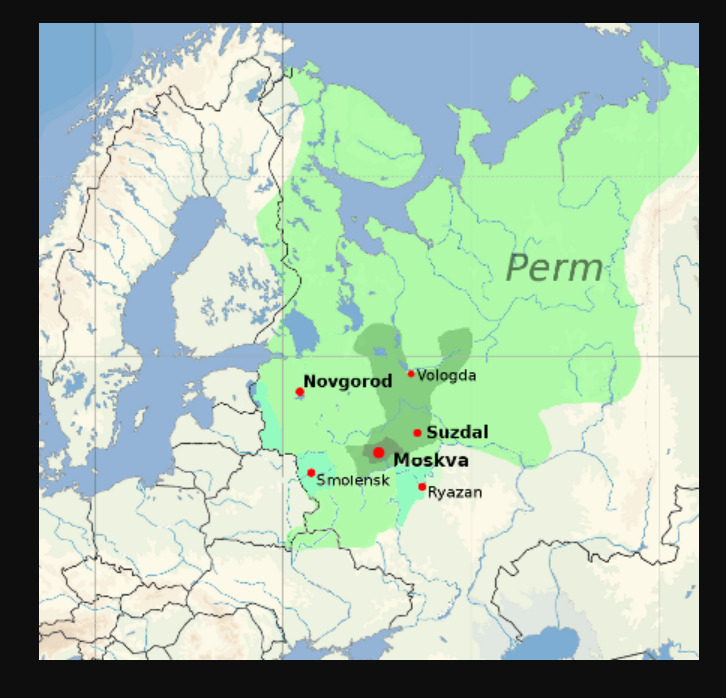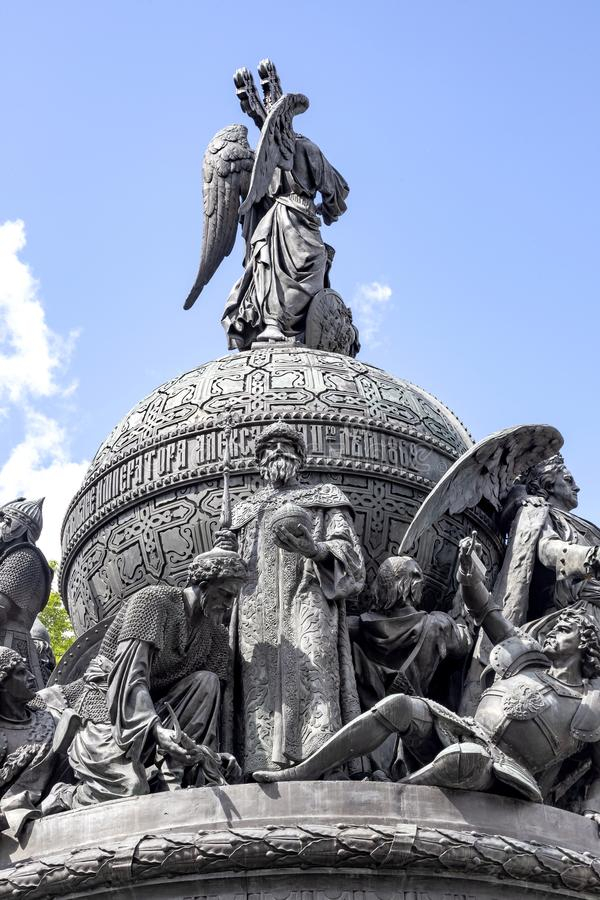Ivan the Great united all of Russia's territory
Ivan the Great saw the advantages of uniting all of Russia's territory. He so decided to seize control of every separate duchy that was a part of Russia. He revoked the titles of the princes in charge of the duchies.
The largest and most important sequence of events that occurred during the unification of the Rus' territories were the battles with the Republic of Novgorod. The political and religious freedom of the Novgorod Republic was a key contributing factor to the conflicts. Novgorod had entered into negotiations with the Grand Duchy of Lithuania and Russia in an effort to come under the protection of Casimir IV, King of Poland and Grand Prince of Lithuania, but the Moscow authorities denounced the proposed alliance as an apostate from Orthodoxy because they were alarmed by the growing power of Moscow (in part, because Poland and its monarchs were Catholic). In 1470, Ivan attacked Novgorod, and after his generals had twice routed the republic's soldiers. The Novgorodians were compelled to declare war at the Battle of Sheldon River and the Battle of the Northern Dvina, both in the summer of 1471. They agreed to renounce their overtures to Lithuania and to cede a sizeable portion of their northern territories in exchange for paying a war indemnity of 15,500 roubles.












